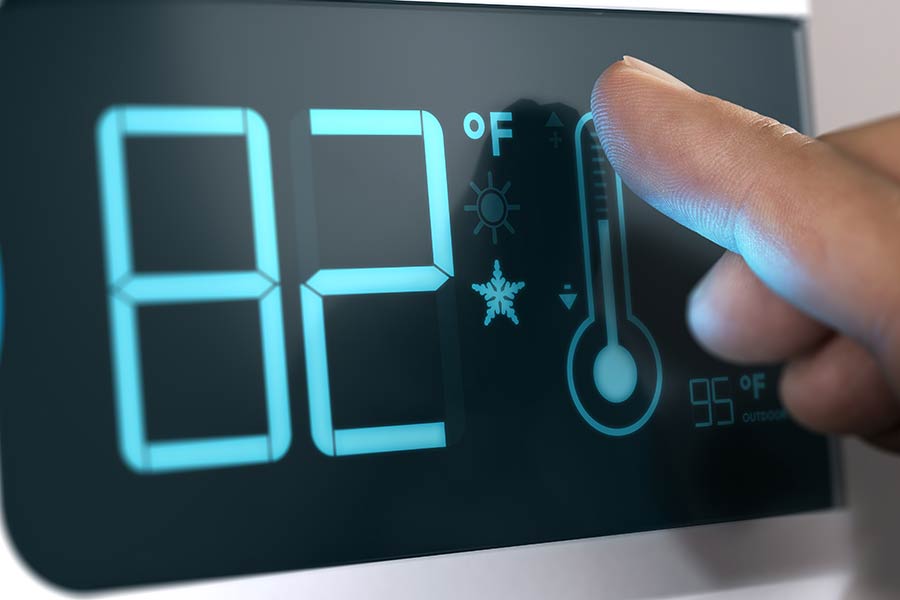Home Automation Pros and Cons
Smart homes are frequently referred to as being more secure than traditional homes. However, home automation can easily give hackers access to data about your space. There are various measures that home owners can take to guarantee their home automation system is safe and secure. These measures include the following: using secure internet access, changing passwords regularly and updating applications.
How Can Home Automation Make Your Home Safer?
Home automation can however also make your home more secure by providing you with the capacity to see your home consistently. You can have cameras, motion detectors and locks installed which will enable you to control the entryways of your home from wherever you might be. Some examples of when this is especially useful is being able to let in a contractor who you are expecting or “answering” the door and telling the person outside that you’re not interested in what they are offering. This sends a strong message that someone is home, even when you are at your office many miles away.
The Advantages and Disadvantages of Home Automation Systems
Advantages
Smart home appliances can minimize or even prevent damage to property. For example, the installation of a smart thermostat allows us to not only comfortably control the temperature but also warn us in advance about freezing pipes in the event of a heating system failure. A smart moisture detector can detect a water leak and warn you about it before it ruins your floor or floods the neighbors downstairs.
Smart home devices are useful and possibly even necessary for older people or people with disabilities. Many smart home devices automate routine processes and adjust to the user’s habits. The simplest example is the light bulb, which is switched off by voice command or at a customary time, eliminating the need to use the switch. The modern smart house provides additional security measures that go far beyond standard CCTV. For example, the user can remotely control locks or block the doors of individual rooms.
Another advantage of a smart home is the economics. Although installation can be expensive, the devices allow more rational management of energy.
Analysts believe that the most popular home smart device in the next five years will be a smart thermostat. Heat is expensive in most countries in the northern hemisphere. The smart thermostat learns to adapt to the user’s habits. It also can allow the room to cool when you leave and warm it up upon your return.
To sum up the advantages of smart home installation, here they are:
- Convenience: all of your products will be programmed to your needs.
- Customization: you can include as many or as few of these products as you choose.
- Security: as mentioned above, smart homes are well-known for their improved security.
- Ease: it is quick and simple to install these systems.
- Environmentally friendly: thermostats, air conditioning, and lighting, etc. can all be controlled for optimal energy efficiency.
Disadvantages
- Cost: some smart products can be fairly expensive.
- Learning: there may be some learning curve for non-tech savvy people.
- Reliability: smart homes are reliant on your internet connection.








